Top Class Actions’s website and social media posts use affiliate links. If you make a purchase using such links, we may receive a commission, but it will not result in any additional charges to you. Please review our Affiliate Link Disclosure for more information.
Two consumers have filed a class action against the maker of Dream Vanilla Oat Beverage for “food fraud.”
Andy Sajnani of Illinois and Jean Mak of New York claim the Dream brand’s “vanilla” milk substitute actually contains little or no natural vanilla, and that the taste comes from other flavorings not specifically disclosed on its labeling.
The filing includes an image of the product’s packaging, which displays the word “vanilla” standing alone in prominent letters, implying its flavor is derived naturally from vanilla beans. However, an image of the ingredient list shows neither “vanilla” nor “vanilla extract,” nor even “vanilla flavoring.” Instead, the list simply shows “natural flavor.”
Therefore, according to the plaintiffs, “the Product admittedly does not contain such ingredients as the sole source of flavoring.”
Still, Dream Vanilla Oat Beverage is sold at premium prices (about $2.49 per quart, plus tax) compared with similar milk substitutes that also do not contain real vanilla, but whose labels clearly reflect that fact.
The plaintiffs argue that this is “food fraud.” The term refers to “an ever-expanding, often overlapping range of techniques with one common goal: giving consumers less than what they bargained for.”
Vanilla is considered to be at particularly high risk for such fraud.
Real vanilla is derived from a tropical orchid whose production quantity and quality are dictated by numerous factors. This makes it expensive to begin with; that price is exacerbated by the level of demand. The lawsuit cites a study that found the United States consumes at least three times as much vanilla as all other flavors combined.
“This demand could not be met by natural sources of vanilla,” the lawsuit states, “leading manufacturers to devise clever, deceptive and dangerous methods to imitate vanilla’s flavor and appearance.”
For these reasons, numerous vanilla imitations exist. And, when labeled properly, it’s perfectly legal to use them in foods.
In the early 1900s, federal law set specific standards under which the term “vanilla” could be used on food packaging. The purpose was “to enable consumers to quickly compare a variety of similar-looking products by only looking at the front label.”
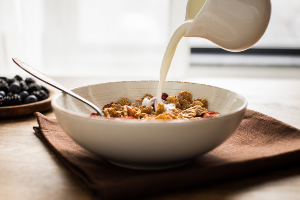
“Where a product makes a representation as to its primary flavor, the truthful and non-misleading designation of that flavor is required to become part of the common or usual name.”
Through the legal use of such standards, consumers have become accustomed to seeing labels with terms such as “vanilla flavored,” “artificial flavors” and “with other natural flavors.” But when a food is labeled as “vanilla,” as Dream Vanilla Oat Beverage is, then it is expected to contain natural flavoring from vanilla beans.
Despite legal safeguards, vanilla has been subjected to numerous forms of food fraud. For example, some products that purport to be “vanilla” contain minimal amounts of the natural substance “spiked” with less expensive ingredients such as vanillin, which tastes like vanilla but is derived from tree bark.
Others substitute vanilla altogether with an alternate ingredient of lower quality, either natural or synthetic; and some grind up depleted vanilla beans (which have no flavor left in them) and mix them into the product to create the illusion that it contains real vanilla.
In this case, the plaintiffs simply argue the actual flavorings used in the product fail to conform to the claim made on the front label.
“Defendant’s branding and packaging of the Product is designed to — and does — deceive, mislead, and defraud plaintiff and consumers,” the lawsuit alleges. “Defendant sold more of the Product and at higher prices than it would have in the absence of this misconduct, resulting in additional profits at the expense of consumers like plaintiff. The value of the Product that plaintiff purchased and consumed was materially less than its value as represented by defendant.”
The legal claims are negligent misrepresentation; fraud; unjust enrichment; and breaches of express warranty, implied warranty of merchantability and the Magnuson Moss Warranty Act.
Have you purchased Dream Vanilla Oat Beverage based on the claims made on its label? Tell us about it in the comments below.
The plaintiffs are seeking certification of a Class of consumers residing in Illinois and New York who have purchased Dream Vanilla Oat Beverage.
In addition to restitution, damages and court costs, they are seeking preliminary and permanent injunctive relief under New York General Business Law and the Illinois Consumer Fraud and Deceptive Practices Act.
The plaintiffs are represented by Spencer Sheehan of Sheehan & Associates PC and Michael R. Reese of Reese LLP.
The Dream Vanilla Oat Beverage Class Action Lawsuit is Andy Sajnani and Jean Mak, et al. v. The Hain Celestial Group Inc., Case No. 1:20-cv-04281, in the U.S. District Court for the Southern District of New York.
ATTORNEY ADVERTISING
Top Class Actions is a Proud Member of the American Bar Association
LEGAL INFORMATION IS NOT LEGAL ADVICE
Top Class Actions Legal Statement
©2008 – 2024 Top Class Actions® LLC
Various Trademarks held by their respective owners
This website is not intended for viewing or usage by European Union citizens.

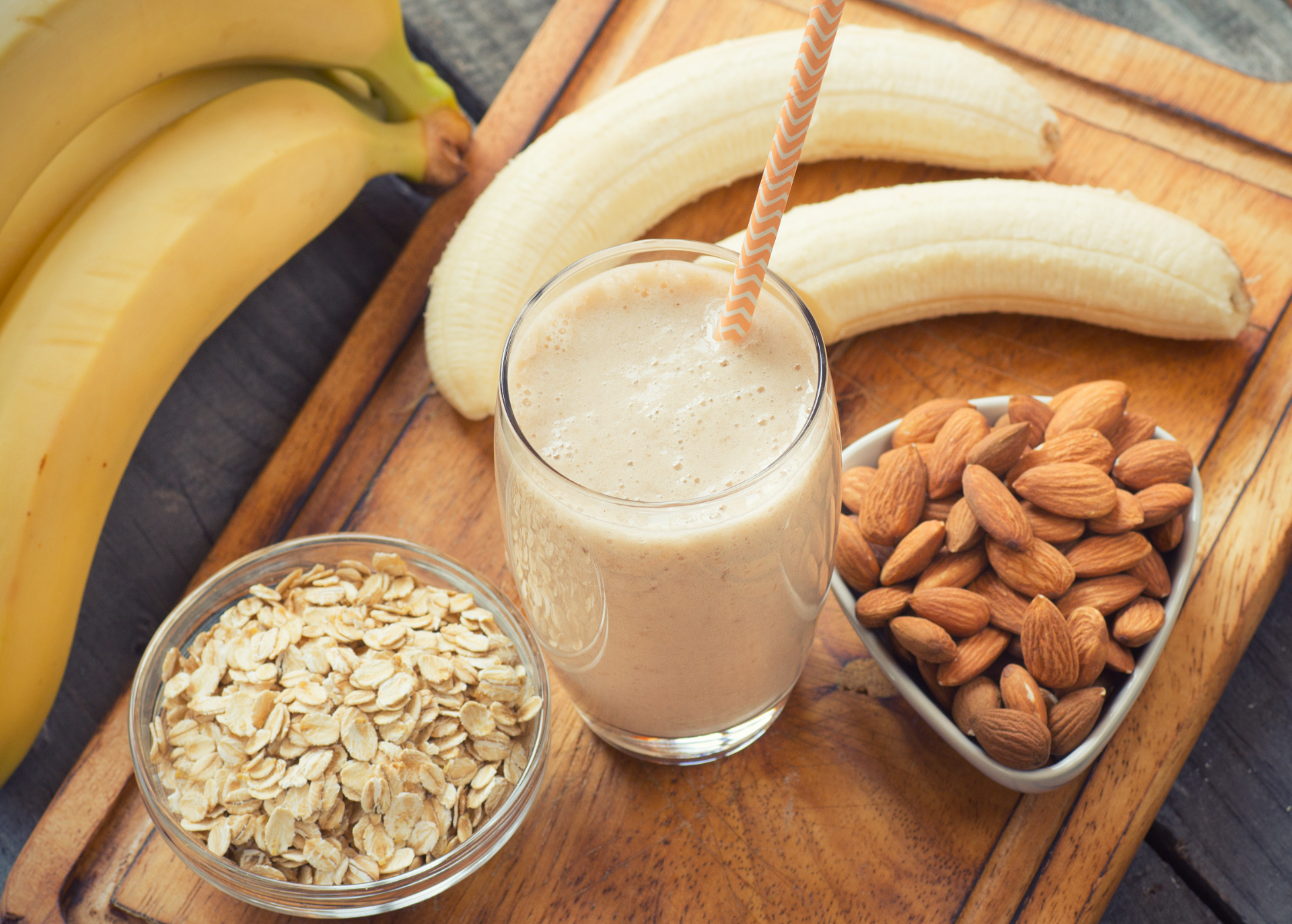


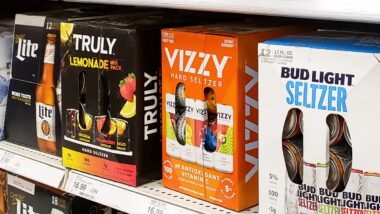
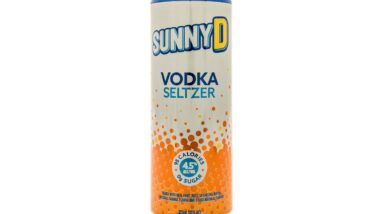


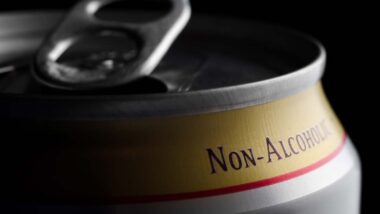

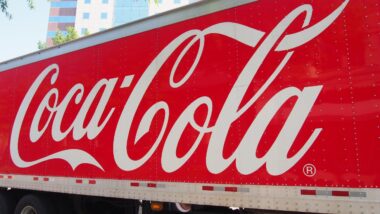




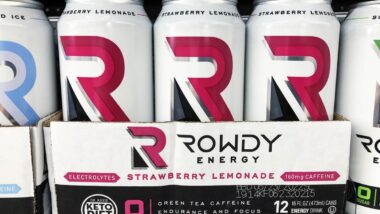
37 thoughts onDream Vanilla Oat Milk Maker Faces ‘Food Fraud’ Claim
Add me
Please add me
Please add me, thank you!
Add me
I buy it often. Please add me.